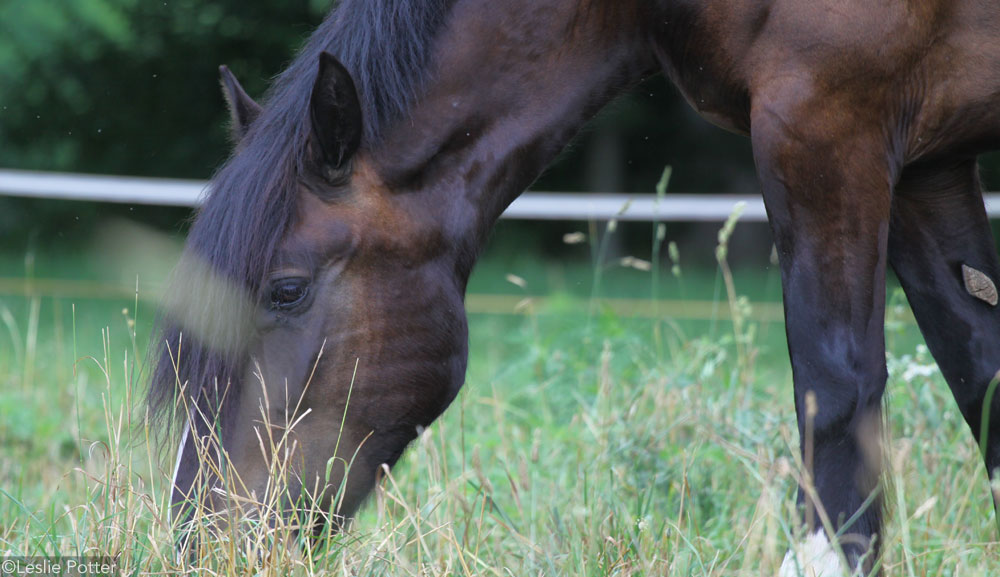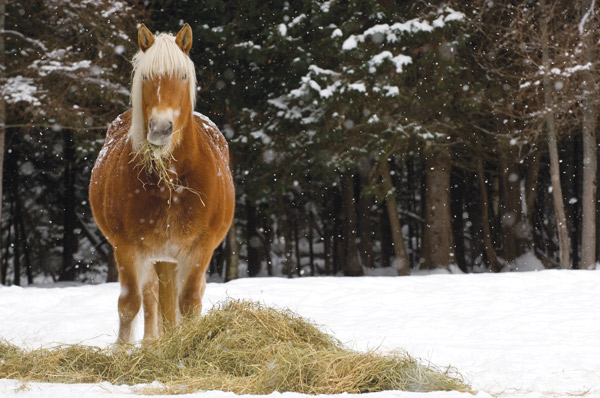
Itchy ticks and tick lesions cause pastured horses to ferociously rub trees, fences and shelter walls, abrading throats, necks and hindquarters and destroying their manes and tails. Severe infestations produce anemia, loss of appetite and depression. Ticks can infect any horse—or horse owner—with Lyme disease, ehrlichiosis, Rocky Mountain spotted fever and tick-bite paralysis. Standard insect solutions rarely phase these rugged pests.
How to Prevent Ticks
- Treat horses with tick-repellent products made specifically for horses found at your local pet store, tack and supply retailer, or farm and feed store.
- If you prefer to hand-pick ticks, wear gloves. To remove a tick, grasp it as close to its host’s skin as possible using fingers or forceps. Don’t squeeze. Apply slow, steady, upward pressure until the tick comes away intact. Drop detached ticks into a jar of soapy water, then dispose of tick-laden liquid by burying it or flushing it down the toilet.
- Keep a flock of Guinea fowl or free-range chickens. Feathered barnyard marauders consider ticks the pinnacle of haute cuisine–and you can dine on their eggs!
The author is a freelance writer based in Arkansas.






good info
yep! It’s time…and my chickens help!
ITS HARD BUT IT MUST BE DUN!!!YOUR HORSE SHOULD NOT HAVE TO DEAL WITH TICKS
ewwww……………… i HATE ticks and im sure my horses that i look after do to…. uck
that helps alot. last year my horse had ticks and we couldnt figure it out.
my horse has ticks and it is the middle of winter in wyoming so i just think it is a little weird for ticks to be on a horse in winter so if any of you guys can sugest any thing it would really help me! thanks!
very good article but it would be best if contain amethod how to deel with my horse after removal of ticks from skin
very sorry if my english language was poor as english not my mother tongue
Not a bad article…
I have the guinea hens and hopefully they will do a good job. they sure get a A+ in singing!!!
Great info. Thanks1
GOOD ARTICLE
thought chickens should be keep around horses horses were not
Just a little advice before you adopt a guinea hen: They have strong wings. They can fly over fences. They aren’t the… smartest birds ever. And boy, can they scream. They do a good job of keeping ticks away but I personally prefer the chickens.. not that they are much brighter. But they aren’t as vocal, which can be nice at times. 🙂